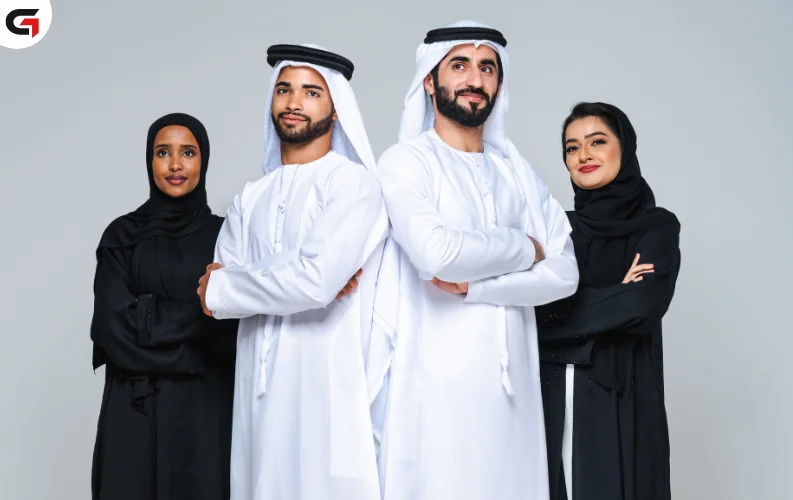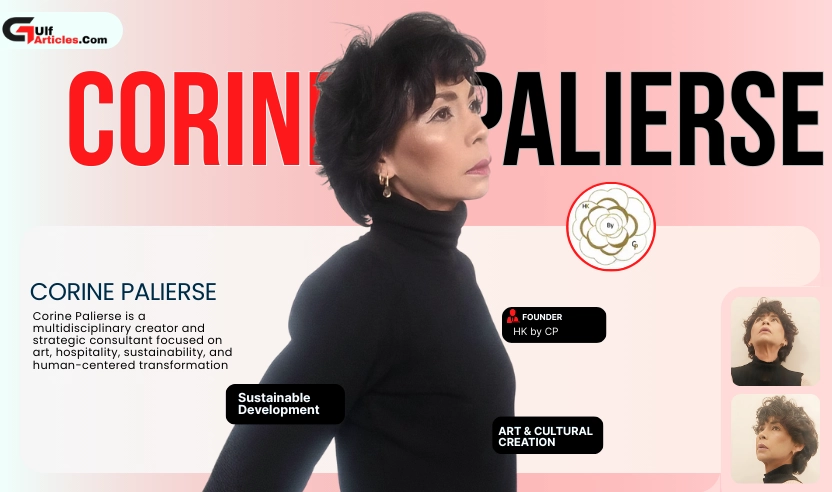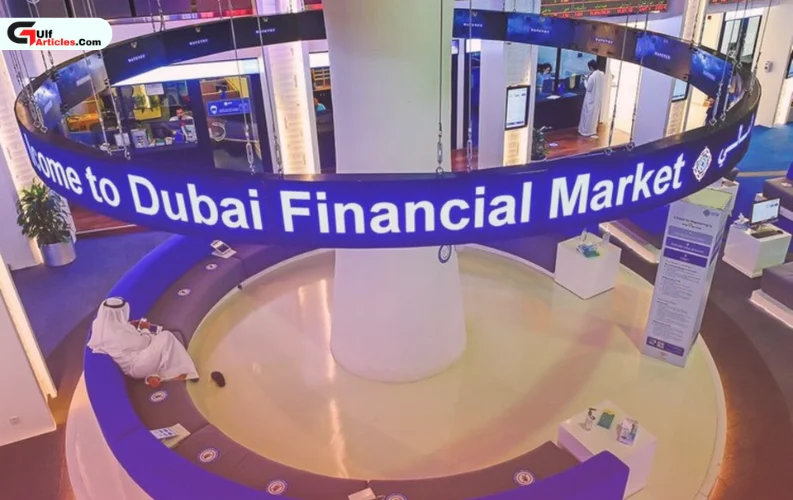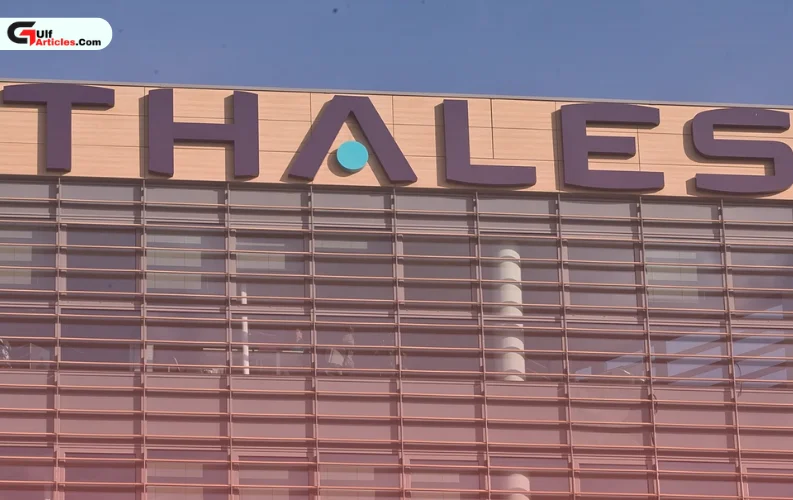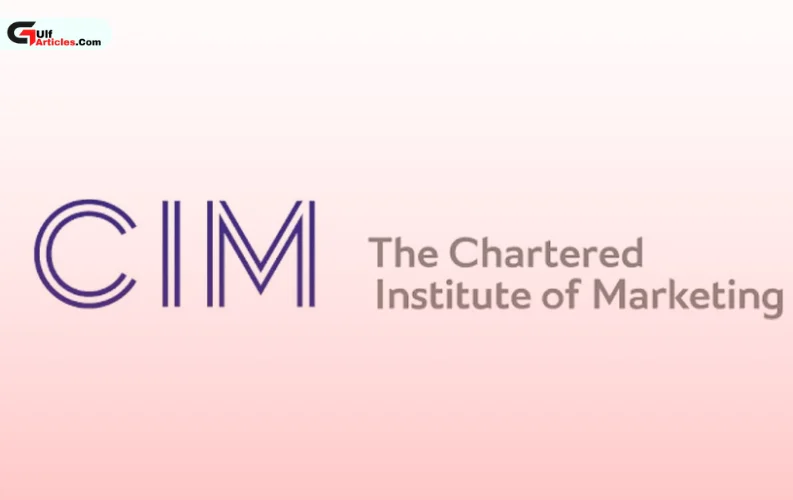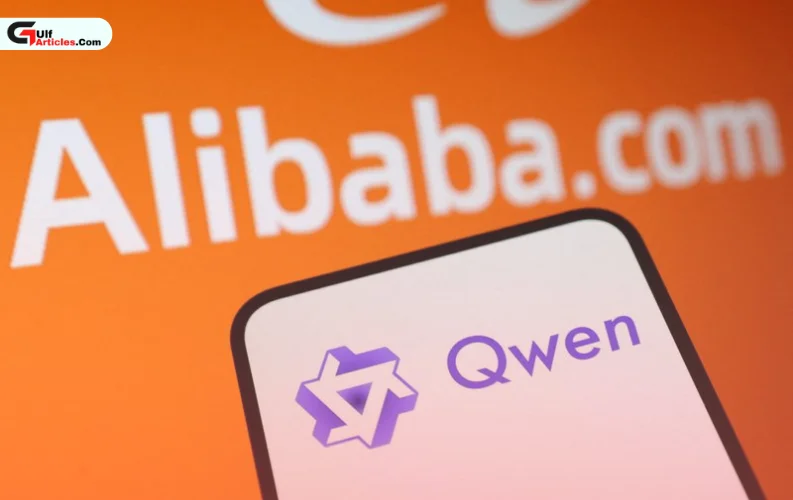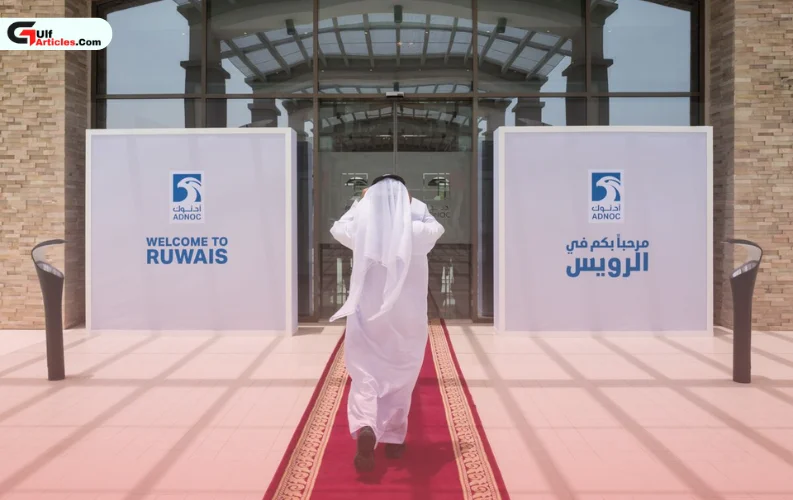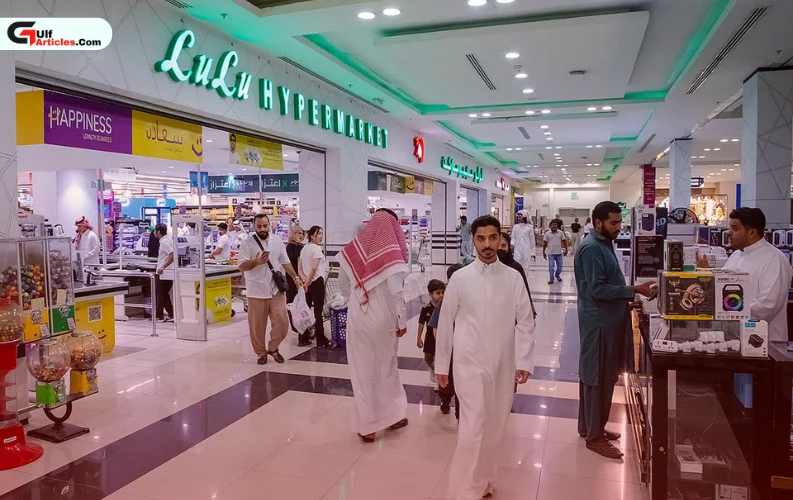The global film industry is undergoing a long-overdue evolution. As audiences seek diverse voices and authentic narratives, the Middle East—particularly the Gulf region—is emerging as one of the most compelling sources of cinematic storytelling. From historic selections at Cannes to Netflix deals and regional film festivals, Middle Eastern filmmakers are commanding attention and redefining how the world views Arab culture, society, and creativity.
A New Era for Middle Eastern Cinema
Once marginalized or underrepresented in global cinema, Arab filmmakers are now writing, directing, and producing stories that capture the complexity and nuance of life in the region. The shift is not accidental—it’s the result of decades of groundwork, a rapidly changing media landscape, and state-backed initiatives that prioritize creative industries.
In 2024, over 130 films from the MENA region were showcased at Cannes, with Saudi Arabia’s Norah—a film by director Tawfik Alzaidi—making history as the first Saudi feature to compete in the Un Certain Regard category. Shot entirely in AlUla, Norah explores themes of artistic repression and hope within a conservative rural community.
Why Middle Eastern Stories Are Reshaping Global Cinema
There are several reasons Middle Eastern films are finding resonance with global audiences:
-
Authenticity: Unlike stereotypical portrayals often pushed by Western media, these films offer grounded, local perspectives. Themes of identity, migration, women’s rights, freedom, and family are told with nuance.
-
Universal Themes in Specific Contexts: Whether it’s a coming-of-age story in a Riyadh suburb or a political drama in Beirut, the emotions and dilemmas resonate globally.
-
Political and Social Relevance: Many films deal with sensitive or silenced topics—gender roles, religious tensions, civil unrest—that global audiences are eager to understand through personal narratives.
-
Visual Storytelling with Cultural Depth: From desert landscapes to urban chaos, directors use local settings not just as backdrops, but as characters in their own right.
Regional Film Movements & Institutional Support
In the last decade, Gulf governments have turned to the arts—particularly cinema—as a pillar of their cultural diplomacy and economic diversification strategies. Institutions and festivals now offer funding, training, and global exposure to emerging filmmakers.
Key Platforms Fueling the Rise:
-
Red Sea International Film Festival (Saudi Arabia): Launched to support regional filmmakers and showcase Arab talent on a global stage.
-
Daw Film Competition (Saudi Arabia): Offers grants and mentorship to young Saudi filmmakers.
-
Image Nation Abu Dhabi (UAE): A film financing and production company supporting local voices with global appeal.
-
Doha Film Institute (Qatar): Provides funding, labs, and workshops while co-producing award-winning films.
Women Driving the Cinematic Renaissance
Women filmmakers are among the strongest voices in Middle Eastern cinema. From Nadine Labaki’s Capernaum (Lebanon) to Haifaa Al-Mansour’s Wadjda (Saudi Arabia), female directors are tackling complex issues from fresh, unapologetic perspectives.
Many have won international acclaim, while platforms like Netflix are commissioning original content from Arab women. These creators are redefining what it means to be a woman in film—not just regionally, but globally.
Leading Women Filmmakers:
-
Nadine Labaki – Capernaum, Where Do We Go Now?
-
Haifaa Al-Mansour – Wadjda, The Perfect Candidate
-
Meryam Joobeur – Brotherhood
-
Hala Khalil – The Kite
From Local to Global: Streaming Platforms and Distribution
Streaming platforms have accelerated the international visibility of Middle Eastern content. Netflix, Amazon Prime, and regional players like Shahid and StarzPlay are actively acquiring and producing Arab-language films and series.
Originals such as Finding Ola and AlRawabi School for Girls reflect everyday life and societal tensions, particularly from a female perspective. Meanwhile, award-winning indie films are reaching audiences that were previously inaccessible due to regional censorship or lack of distribution.
Film as Soft Power and Cultural Diplomacy
For Gulf nations, investing in cinema isn’t just economic—it’s strategic. Cultural representation on screen helps combat stereotypes and reshape narratives in the international imagination. Festivals, co-productions, and global media coverage act as tools of soft power.
Saudi Arabia’s Vision 2030 places a strong emphasis on developing a robust entertainment industry, with a goal of producing over 100 films annually by 2030. The UAE continues to position itself as a regional media hub, with partnerships stretching from Bollywood to Hollywood.
Challenges and the Road Ahead
Despite the optimism, Middle Eastern cinema faces ongoing challenges:
-
Censorship laws can still hinder creative freedom.
-
Funding gaps for indie and non-commercial stories.
-
Distribution limitations in traditional cinema markets.
-
Cultural barriers to topics such as gender identity and political critique.
Yet, the resilience of regional storytellers and the emergence of grassroots funding (crowdfunding, international grants) is paving a more inclusive future.
Conclusion
The ascent of Middle Eastern cinema from Cannes to global streaming platforms marks more than an industry milestone—it represents a cultural reawakening. These stories are not simply regional; they are universally human. As the world’s appetite for fresh, diverse perspectives continues to grow, the Gulf and broader Middle East are poised to become storytelling powerhouses.
With each film, a new window opens—offering the world a deeper understanding of a region too often misrepresented. The future of cinema is not just in Los Angeles or Paris—it’s increasingly in Riyadh, Dubai, Beirut, and beyond.
Summary Highlights:
-
Gulf nations are using cinema as cultural diplomacy and economic diversification.
-
Middle Eastern stories are gaining traction at major festivals and on global platforms.
-
Women filmmakers are leading powerful new narratives.
-
Government and private-sector support are fueling an Arab film renaissance.
-
Streaming services are vital in bringing Arab voices to the world.
-
The region’s storytellers are crafting a more authentic, inclusive vision of the Arab world.
You may also like:-



